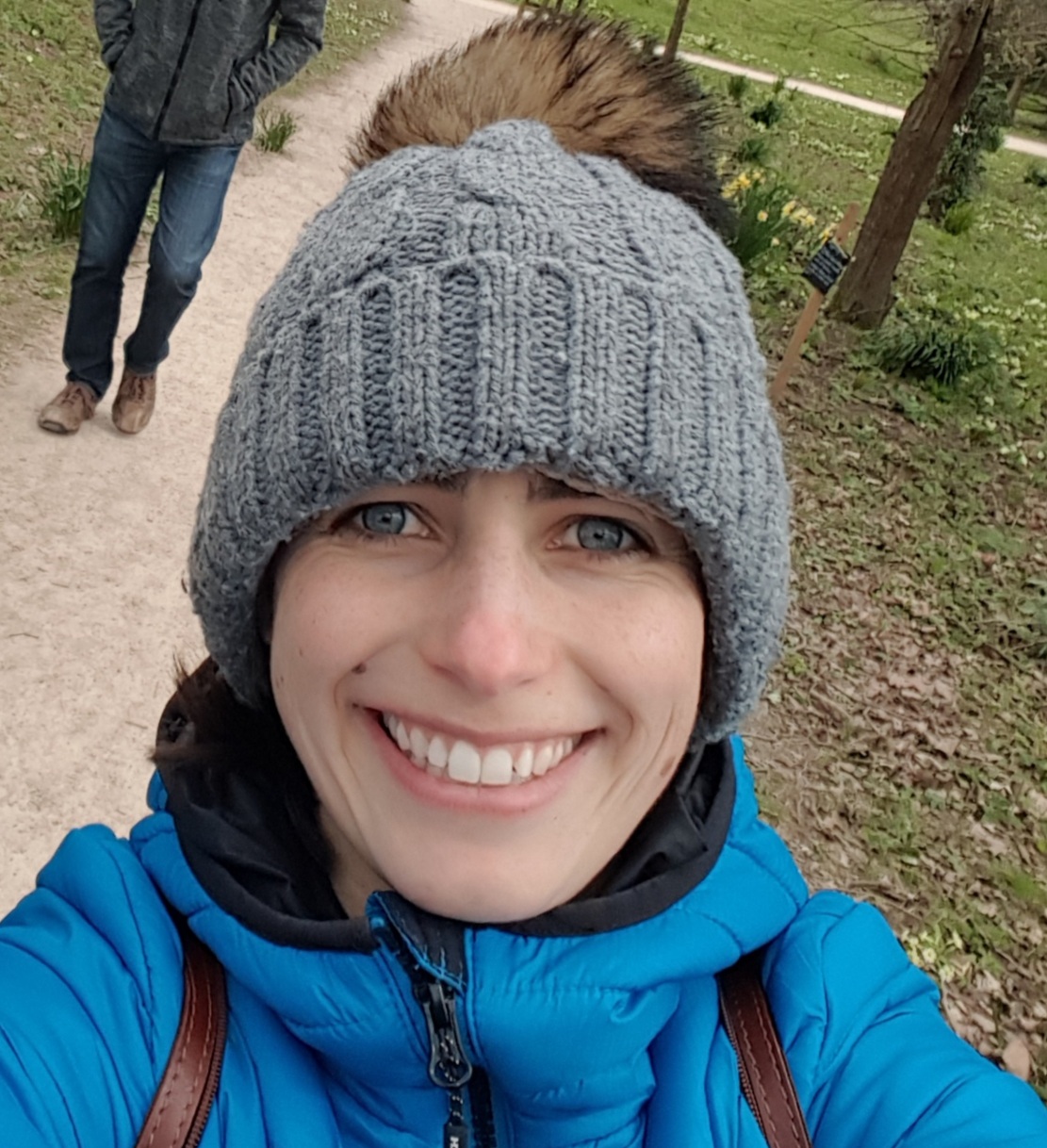One of the problems with today's society is how judgemental people are, especially when they hide behind social media platforms. This adds to the difficulty some people feel when it comes to talking about baby loss.
When Chrissy Teigen recently shared the news of losing her baby, along with photos, there were a number of unpleasant comments regarding the loss not being kept private. Instead of the news sparking conversations about how terrible baby loss is and how little is known about it, people instead focussed on discussing whether the couple should have taken photos and then shared them. So many people will have seen the negative comments from others and will have felt that they would be wrong to share their stories too.
The news story inevitably led to my husband and I talking about our experience and how lucky we were to have our little miracle this year. We lost four babies prior to this and we both recalled a couple of the more painful memories. He vividly remembers us sitting in a car park after work as I broke the news to him that I was losing another pregnancy. On this occasion we agreed we would manage it at home, especially as it was a cold October night and we didn't fancy another journey to A&E. By the early hours of the morning we realised we needed to get to hospital quickly as I was losing a tremendous amount of blood and was passing out. The usual mixture of patients were in A&E and we were told to wait in the waiting room where I ended up fainting whilst waiting to be seen.
This miscarriage was our third, I had attempted to get help through our GP after the second but we were told we would have to wait until we had lost three babies in a row. We also tried to go private but we got the same response. Some people suggested we just say we had experienced three to get some help, but that just didn't sit right with us after what we knew it meant. Having to have three miscarriages before you can get help is madness when you take in to account the physical impact on women and the mental health impact on all involved.
Despite losing two pregnancies we really did believe the third was to be successful. After the 3rd miscarriage we received help from both the NHS and privately, but advice was so varied with one doctor telling us I needed surgery and then another strongly contradicting it. We had to be relentless in our search for answers and were left doubting our decisions.
And then there's the information that no-one tells you. We never imagined we would lose a baby, let alone four. When I was discharged from hospital after the first miscarriage no-one told us that there would be a point where you literally pass the foetus/embryo. The result was a horrific experience at home coupled with fear as we didn't understand what was happening. It had a lasting impact on me.
We also found that every ward or ultrasound room was either next to a maternity ward or you had to go past one to get there. You could literally hear newborn babies crying as you were losing your own. This is so cruel.
We know we are extraordinarily lucky to have our little one. The pregnancy wasn't straightforward with us convinced we had lost him on the same day that our nephew was born, but this turned out to just be an isolated bleed. I clearly remember the A&E doctor holding my hand and telling me to not give up hope, shortly after that the bleeding stopped. We were fortunate enough to be able to pay for additional scans throughout the pregnancy as we were told we couldn't have any additional ones beyond 12 weeks on the NHS.
Our son was born at the peak of the coronavirus pandemic and despite being in hospital alone as I recovered from an emergency cesarean section, I was in this amazing little bubble. I had programmed myself to believe this would never happen, we hadn't put any scan photos up and had brought very little. I just stupidly thought anything like that would tempt fate.
I once saw some artwork that perfectly summed up the journey. There were three paintings of the same women, one showing her grieving, one showing her with empty arms cradling an imaginary baby and one showing her with a baby holding it ever so tight. I feel the absence of the children we have lost and I hold my son so closely. My heart goes out to all those who have had the added heartbreak of dealing with a loss during the pandemic restrictions and without even their partner by their side. How can we be living in a world where we are able to go to the pub but in some areas parents to be are prohibited from hearing the news that their baby has died?
I will finish with mentioning the work of Professors Arri Coomarasamy, Quenby and Brosens amongst others who work tirelessly to find the causes of miscarriage. Their work on progesterone in early pregnancy was published last year and it was this new advice that we followed and we believe helped us have our son. I'd strongly advise others after a loss, who feel ready, to research their work and ask your GP for a referral to a specialist. Unfortunately there are very few specialist miscarriage clinics which is why markers like Baby Loss Awareness Week are so important, particularly now when all the focus from media and politicians is regarding the pandemic. Issues like this need action to prevent unnecessary suffering. If this area of medicine received the attention it is due with interventions for women sooner many unborn children could be saved.

